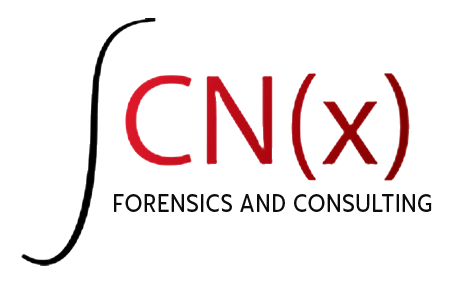Peer reviews, in the context of forensic engineering, are a method of analyzing and critiquing the work of others for the purposes of reporting to higher levels of accuracy and overall quality. In other words, a peer reviewer is another set of eyes that checks for flaws, inaccuracies, and omissions.
to higher levels of accuracy and overall quality. In other words, a peer reviewer is another set of eyes that checks for flaws, inaccuracies, and omissions.
I personally think peer reviews are crucial to the overall quality of forensic reports, and the benefits stretch beyond technical evaluation. In forensics and claims consulting, we are writing reports for a client, often an insurance adjuster or lawyer. However, we’re not only speaking to the client in the report, but we’re also speaking to a potential judge, jury, opposing legal team, and opposing experts. A peer reviewer can put themselves in the shoes of these parties and look at the report through a different lens. The peer reviewer checks for points of potential bias and can bring up holes in the report or avenues that need to be explored to ensure an air-tight presentation.
In many states, expert reports are discoverable in court once they are delivered to a client and any change to a report, while typically harmless and insignificant, can open the door for challenges to credibility. A peer reviewer makes sure to catch any problems with the report prior to delivery and makes sure that the high-quality report will be delivered once and will hold up all the way to the courtroom.


